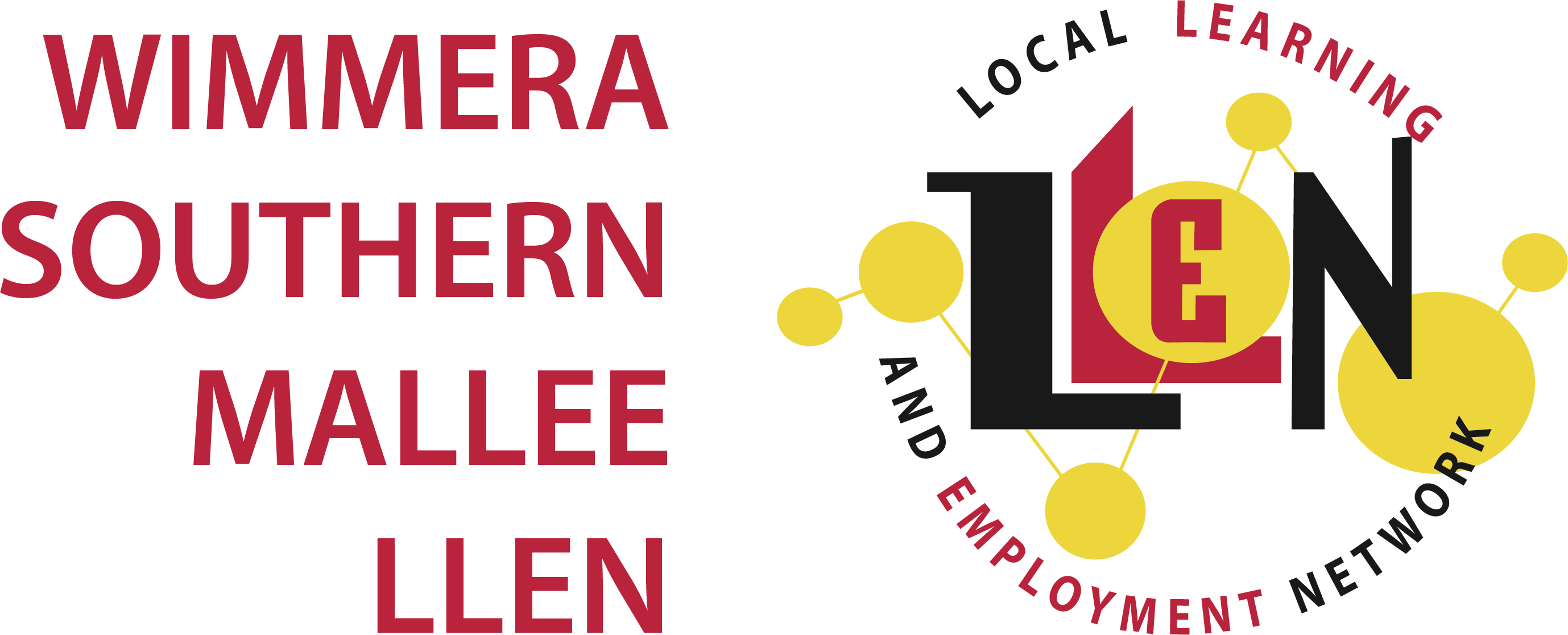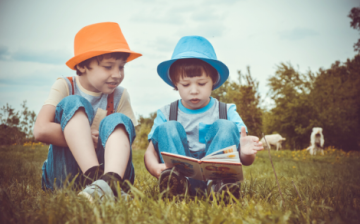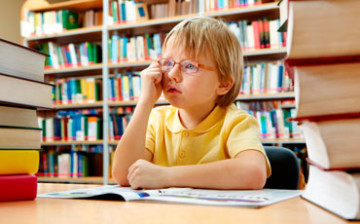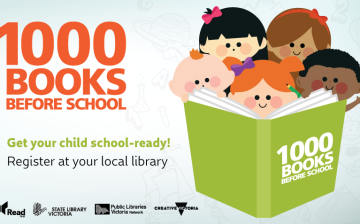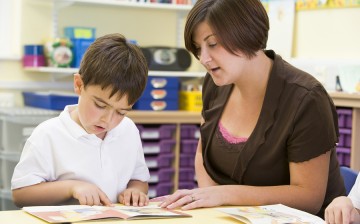The Privilege of Learning to Read
While doing some research recently, I came across some alarming headlines: ‘Reading Wars Raging’, ‘Low literacy affecting our economy’ and ‘The Social Costs of Inadequate Literacy’. Each one was an Australian article dated in 2019. The articles’ headlines were specifically designed to evoke a great deal of emotion and action.
As a mother of two boys aged nine and ten, I feel very fortunate that both of my children are ‘at standard’ for their age in literacy. Whilst they both had a few visits with a speech pathologist in their earlier years to improve pronunciation, neither were deterred from reading. Both boys came into the world surrounded by storybooks. From babies, my husband and I would snuggle down with them, read with much animation and search the pictures for clues—where is that Green Sheep hiding?
Certainly, in their first years of school, it was a priority to sit down and ‘do their reader’ and carefully mark it off in their take-home reading diary with a sentence explaining how wonderfully they had tackled the book. This was then validated by a sticker from their teacher. Even now, we have a ten-minute reading rule every day, although it needs some enforcing at times when competing with basketball, the Xbox, and Lego. Our chosen school has a terrific reading program, a great big library full of bright and interesting books, plus reasonable class sizes and passionate teachers.
Upon reflection, I can only sit here and think, ‘Wow! Our children have really been given the privilege of learning to read’. We have had the privilege of:
- Accessing a speech pathologist during early learning to nip in the bud any pronunciation issues
- Having the financial discretion to buy an abundance of books and the capacity to visit libraries and reading events
- Having both parents at home most evenings who had the time and energy to invest in sitting and reading.
- Having a peaceful home without tension, conflict or other priorities
- Parents who were aware of strategies to reinforce positive reading experiences
- Access to grandparents and extended family who attentively read and encouraged their endless chatter about a ‘Pug called Pig’ and the artistic flair of a kraken.
- A school that prioritises reading and reading support programs similar to that of the Reading Buddies Program.
Through the LLEN’s work to support early learning, I am acutely aware that the privilege of learning to read is not dealt equally to all children, particularly in rural areas. In some areas, there is limited access to speech pathologists. Some rural areas also have high levels of disadvantage and a range of social complexities that directly impact on a child’s early language development.
When the privilege of reading is removed from children and they fail to reach adequate reading standards, there are consequences. Studies indicate that young people with low levels of literacy will:
- Be more likely to drop out of school early
- Be less likely to gain meaningful employment
- Become more reliant of the public health system
- Be more likely to engage in dangerous use of alcohol and other drugs
- Be more likely to engage in risky behaviours
- Be less likely to be involved in community activities
- More likely be linked to youth justice and other social welfare programs.
Whilst, as individuals, we cannot solve the complex social issues that many children face, we can certainly take the ‘village’ approach and do what we can where we can. Improving access to books and reading seems like a great place to start. So here are my commitments:
- I will clear out children’s books that have been outgrown and donate them to charity, or to the LLEN for the pop-up libraries.
- I will continue to volunteer in schools and advocate for the Reading Buddies Program.
- I will put a book or two under the wishing trees at Christmas time.
I would welcome your ideas and commitments towards tackling the inequity in learning to read and to see if we can rewrite the headlines for our community. In some instances, it really does take a village…
